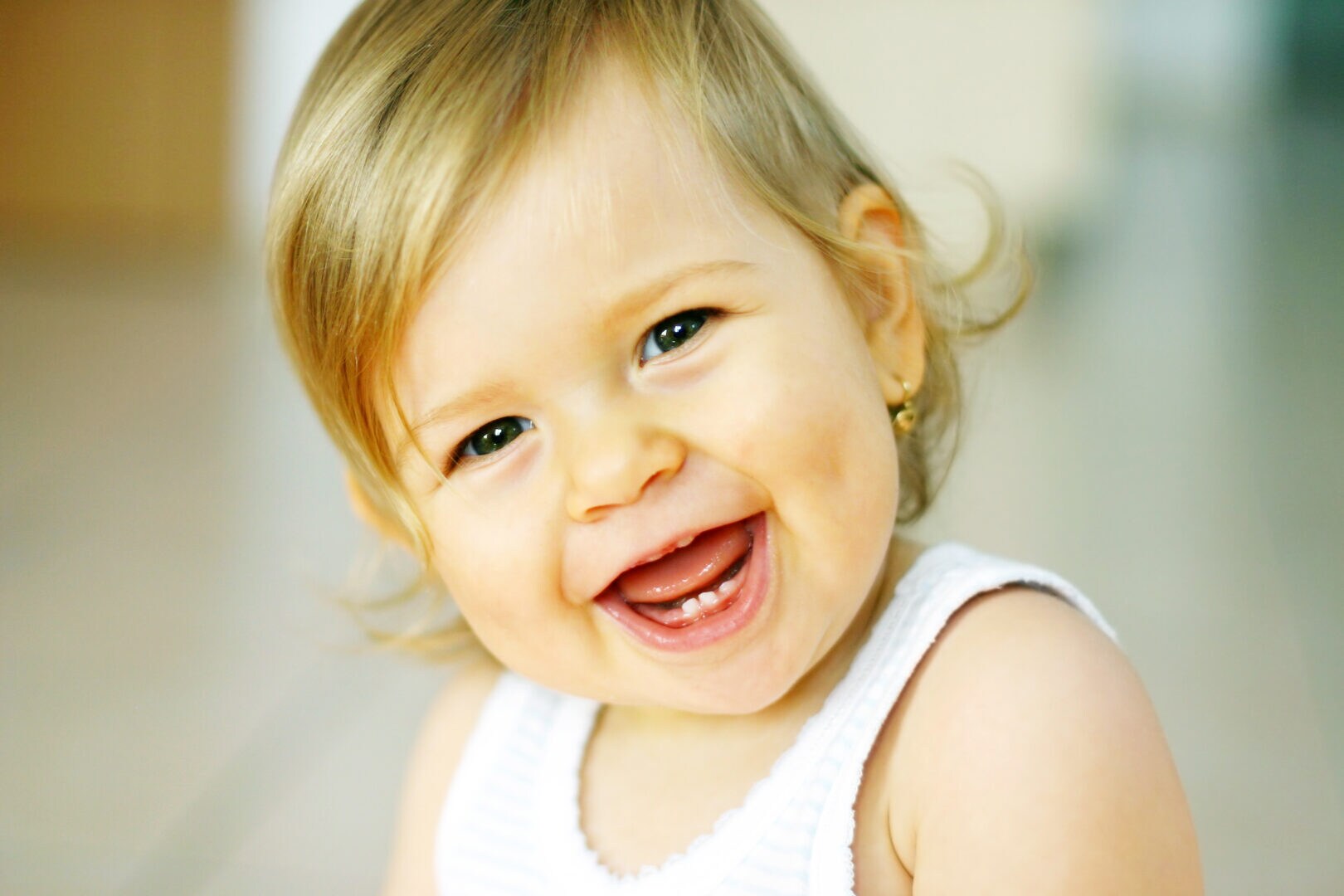The question of when to start brushing baby teeth can sometimes feel inconsequential. After all, baby teeth eventually fall out and get replaced by permanent ones, right?
Good oral hygiene should start early, because tooth decay can have an impact on a child’s long-term health. Tooth decay can lead to tooth pain, improper development of the oral cavity and bacterial infections that travel to other parts of the body.
Keep your little one’s smile in tip-top shape with these tips for good oral health.
When to Start Brushing Baby Teeth
You should begin brushing your baby’s teeth twice a day as soon as they appear. This is important to remove food debris and plaque from the teeth which prevents cavities and gingivitis.
Start wiping down the inside of your baby’s mouth with a moist cloth before the first tooth arrives, so that your child grows accustomed to someone feeling in their mouth. This makes home care and visits to the dentist much less traumatic. It is important to schedule a visit with a paediatric dentist upon the arrival of the first tooth or before the age of 1, whichever comes first. This will help identify possible diseases present in the mouth and to check for proper oral and facial development.
How to Efficiently Brush Your Child’s Teeth
Use a soft toothbrush or a wet wash cloth after feeding the baby using fluoridated toothpaste for children. Be careful of the amount you use — you only need a tiny smear of toothpaste for children 2 and younger, a pea-size amount for children 3 to 6 and a ribbon amount (that runs the entire length of the toothbrush) for ages 6 and above.
To brush your child’s teeth effectively, have your baby lie back on a bed or sofa to give you access to all the teeth, including those at the back. Hold the toothbrush at a 45 degree angle and move the brush across the teeth in small circles. This will help you to clean all surfaces of your baby’s teeth, since simply brushing up and down can make you miss some areas. Don’t worry: You don’t have to brush your child’s teeth for them forever.
When they are old enough, let them take a little ownership of brushing their teeth and allow them to play for a few minutes before you come in and finish the work. Make sure you teach children to spit out the toothpaste so they don’t get into the habit of swallowing it.
Try to show your children that brushing their teeth is fun and not a chore. This will make it much easier to establish the habit as a natural part of their daily routine growing up. You could play a game: let them be the dentist as you play the part of the patient, then reverse the roles.
Protect Your Child’s Overall Health
While tooth decay on baby teeth may seem like an innocuous and even normal development in children, it is an infectious disease that has the potential to have serious implications for the overall health of the child. Proper everyday dental care will make a world of difference not just in your child’s smile. Cavities lead to pain, which affects not just appetite, but sleep and disposition, too. Learning how and when to start brushing baby teeth is the first step towards a lifetime of healthy teeth.
Brushing Baby Teeth: When To Start
